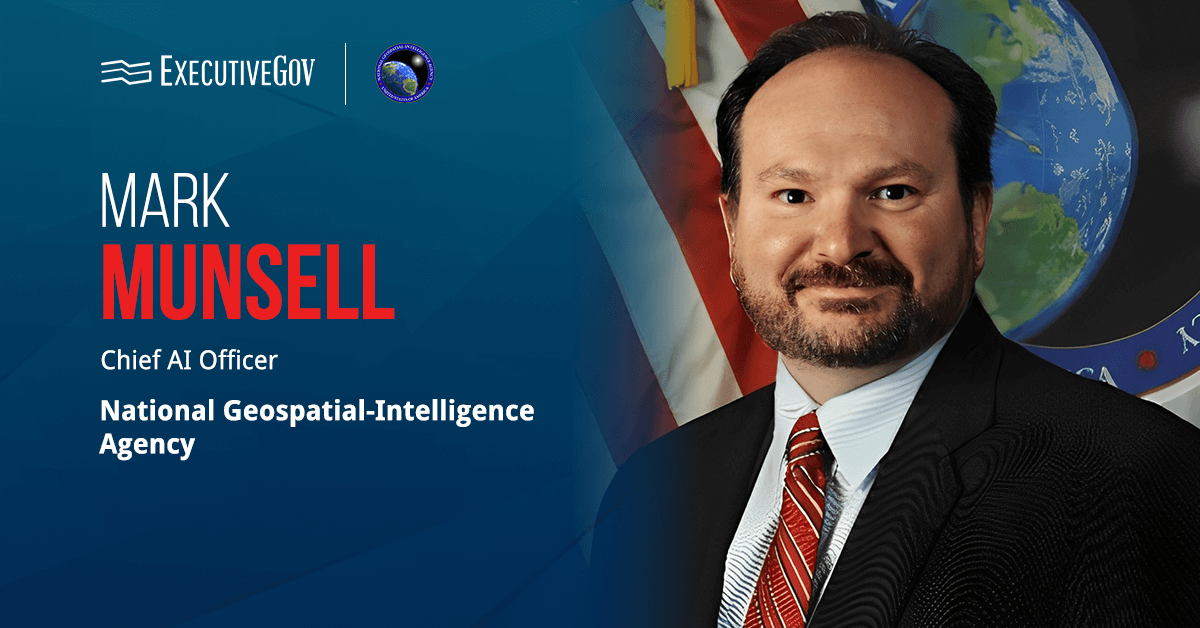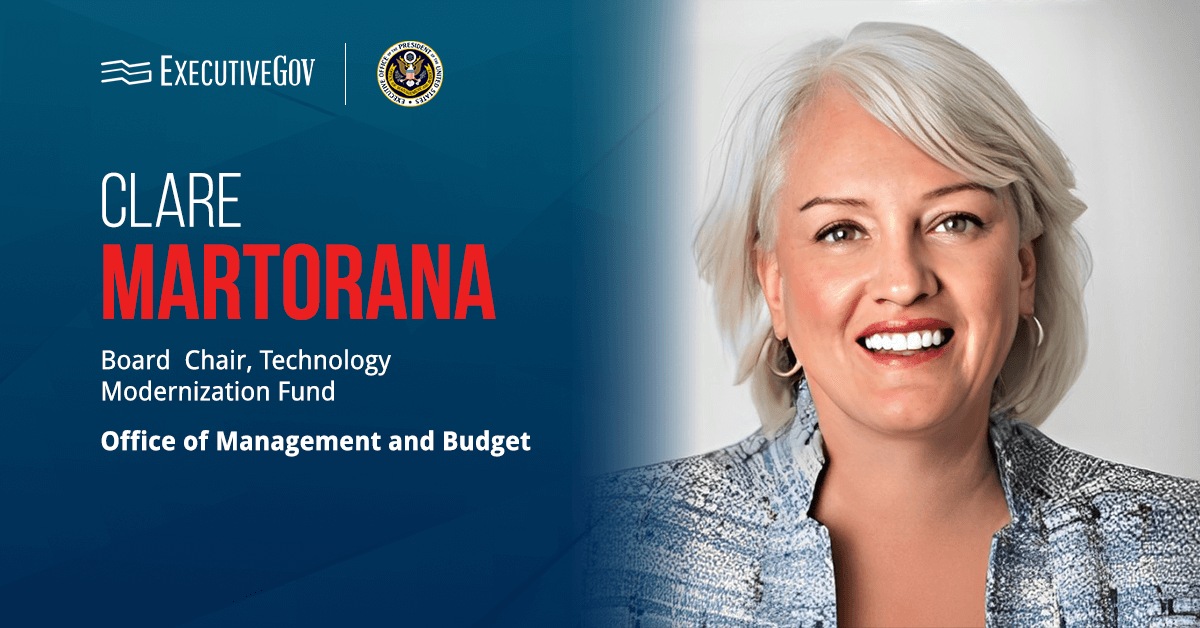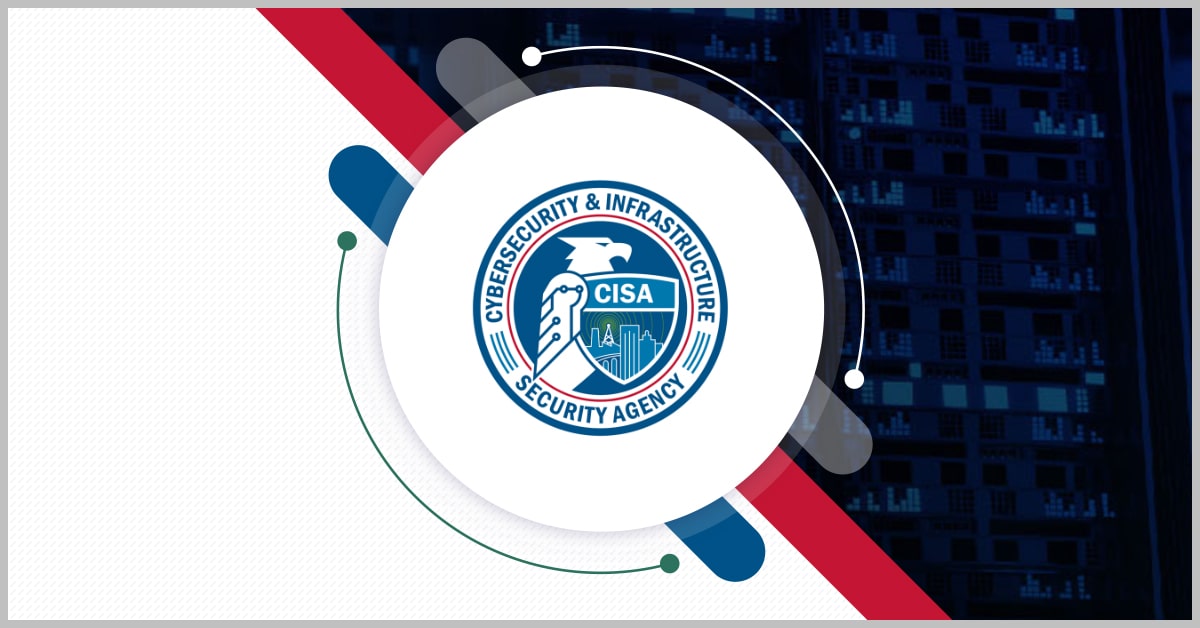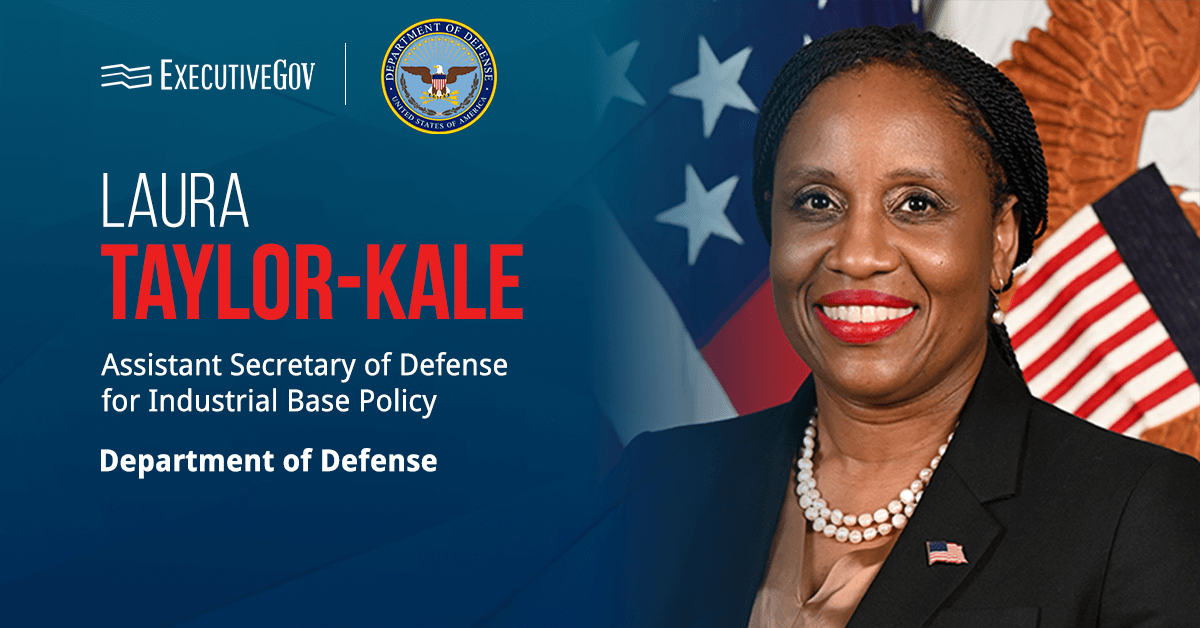Mark Munsell has been appointed chief AI officer at the National Geospatial-Intelligence Agency, DefenseScoop reported Tuesday. The new NGA CAIO will continue in his current role as director of the data and digital innovation directorate.
In his new role, Munsell will spearhead the agency’s existing and future geospatial intelligence AI initiatives. He will coordinate and integrate these efforts and advise the executive team on the utilization of AI innovations in the agency’s operations and production. Furthermore, Munsell will establish the frameworks for the responsible use of AI technology.
Aside from his dual role at the agency, Munsell will serve on the U.S. intelligence community’s CAIO Council. As part of the council, he will help develop the IC’s AI strategies and oversee investments to fund the implementation of such strategies. He will also work on creating policies and guidelines for managing AI-related risks and offer suggestions on the use of AI-enabled architectures.
Munsell started as a software engineer for NGA in 1995 before joining Northrop Grumman as technical director two years later. He then rejoined NGA holding a variety of leadership roles including chief technology officer and deputy director of the information technology directorate.
Prior to his first stint with NGA, Munsell spent four years at the National Oceanic and Atmospheric Administrator working as a cartographer and software engineer.
Munsell’s appointment coincides with the efforts of the IC and Department of Defense to adopt more AI capabilities as mandated by President Joe Biden’s new national security memorandum.












